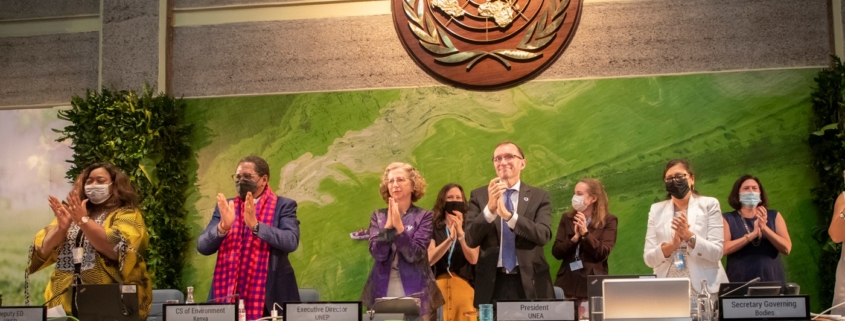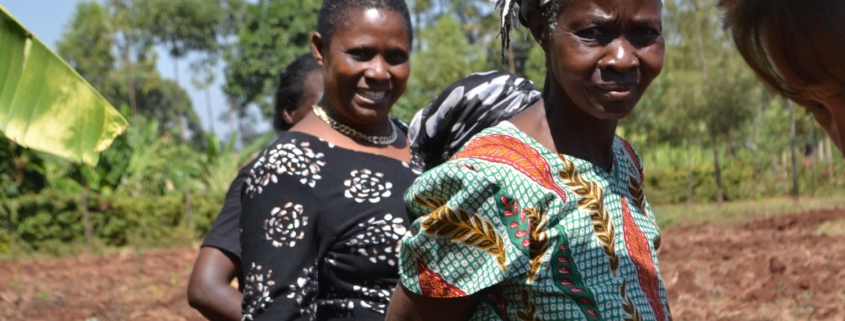UNEA 5, Climate Action for People and Nature
Photo: Kenyan Minister for Environment and Forestry Keriako tobiko joined Inger Andersen, Executive Director UNEP and Espen Barth Eide, President of UNEA 5 during UNEA 5 deliberations. Source UNEP
By Fiona Imbali
Approximately 42 per cent of Kenya’s Gross Domestic Product comes from natural resource-related sectors such as agriculture, forestry, tourism, fishing and mining. These sectors are highly exposed to climate change. So our economy is a highly vulnerable economy.
Kenya has put in place several strategic actions against climate change over the years. But a lot more effort is needed to make a difference. As the world meets this week at the United Nations Environment Programme (UNEP), for the fifth session of the United Nations Environment Assembly (UNEA 5.2), and subsequently UNEPs 50th anniversary celebrations, Kenya – as the host country – has a chance to push for far reaching resolutions on climate action.
Read more



